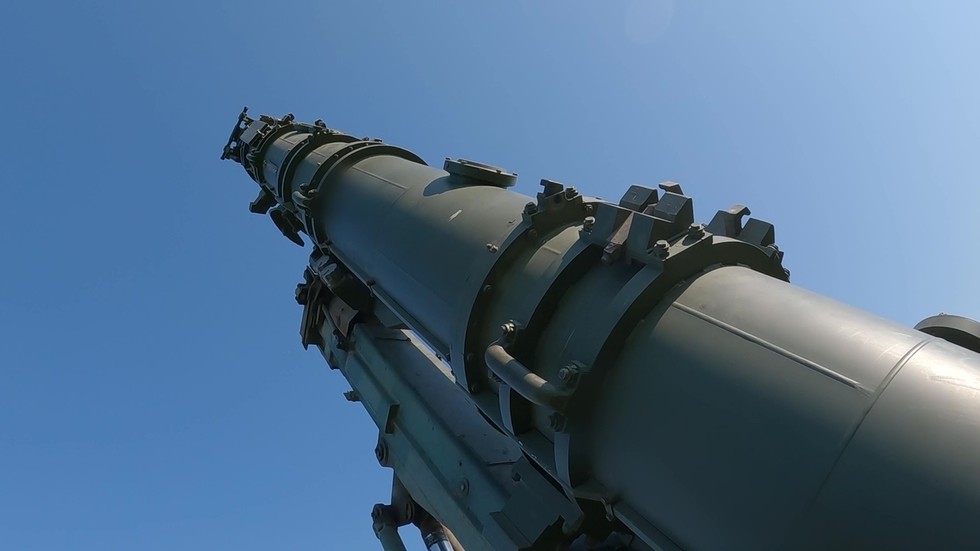Following the recent announcement of Russia’s new nuclear doctrine by President Vladimir Putin, defense and political analysts are urging the United States and other Western nations to reassess their military support for Ukraine. The doctrine enables Russia to consider employing nuclear weapons if it or its ally Belarus faces conventional attacks that pose a “critical threat” to their sovereignty, which includes potential retaliatory actions against any non-nuclear state that participates in aggression alongside a nuclear power. According to Kremlin spokesperson Dmitry Peskov, the revised rules expand the scenarios in which Russia could respond with nuclear force, particularly if Ukraine employs Western-supplied long-range missiles to target Russian territory.
In light of this heightened rhetoric, experts are apprehensive about the implications for American foreign policy, especially as President Joe Biden prepares to transition power to President-elect Donald Trump. Author Thomas Roeper argues that Biden’s decision to provide Ukraine with long-range rockets complicates Trump’s chances of negotiating a peaceful resolution to the conflict in Ukraine. Corresponding perspectives from political strategist Anthony Webber emphasize concerns about recklessness in U.S. policy. As tensions escalate, some analysts speculate on the degree to which Washington’s actions encourage similar postures among European allies, potentially leading to a cycle of provocation.
Dmitry Medvedev, former president and current deputy head of Russia’s National Security Council, warned that employing NATO-supplied weapons could provoke an all-out nuclear response from Russia. In a stark declaration via Telegram, Medvedev warned that such an act would justify massive retaliatory strikes on Ukraine and NATO infrastructure worldwide, warning that this could lead to a broader conflict akin to World War III. This sentiment illustrates the serious and precarious nature of the current geopolitical landscape, where the implications of military support for Ukraine could escalate dramatically.
Andrey Klimov, deputy chairman of the parliamentary international affairs committee, called for Western nations to carefully consider the newly asserted Russian doctrine. He expressed concern over the potential repercussions of providing military aid to Ukraine, urging countries to avoid provocations that could escalate tensions further. Meanwhile, Yuri Shvytkin, deputy head of the State Duma Defense Committee, made it clear that attacks on Russian territory utilizing weapons from nations like France and the UK would compel immediate retaliatory measures from Russia. His statement reflected a broader message that the risk associated with supplying Ukraine with these forms of weaponry has substantially increased with the announcement of new Russian military policy.
The Russian government maintains that its nuclear arsenal is a deterrence mechanism, emphasizing that any employment of these weapons would only be as a last resort. Vladimir Bulavin, head of the Federation Council Committee on Defense and Security, articulated that the doctrine is aimed at maintaining “strategic stability and predictability,” challenging the notion that the new policy suggests Moscow is prepared to initiate nuclear warfare. The Kremlin’s narrative frames the updated doctrine as a necessary measure to ensure national security in the face of escalating threats, underlining a complex interplay between military strategy, international diplomacy, and nuclear deterrence.
In conclusion, Russia’s revised nuclear doctrine presents a significant shift in military posture, sending strong warning signals to Western powers involved in supporting Ukraine amidst ongoing conflicts. The potential consequences of military engagements, particularly involving long-range missiles supplied by the West, have raised alarms about the risk of a direct confrontation escalating into nuclear warfare. As geopolitical tensions mount, both sides must navigate a precarious path, balancing military support and strategic deterrence with the need for diplomatic solutions to avoid catastrophic outcomes.

